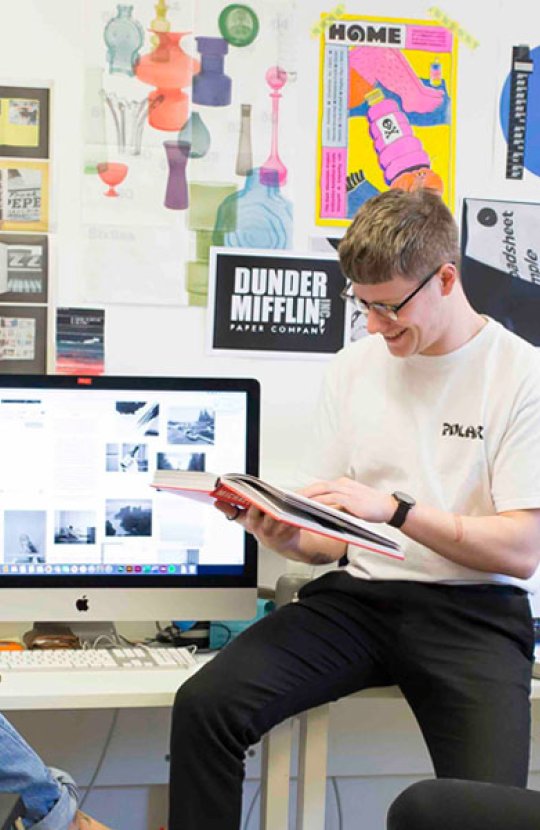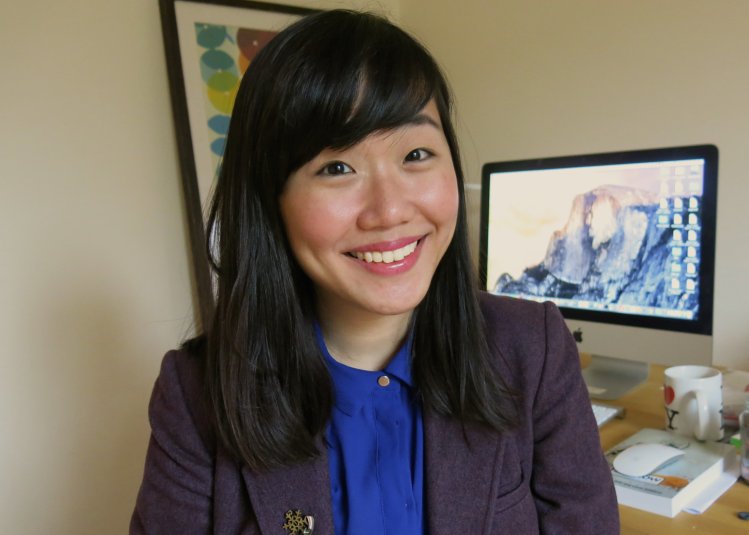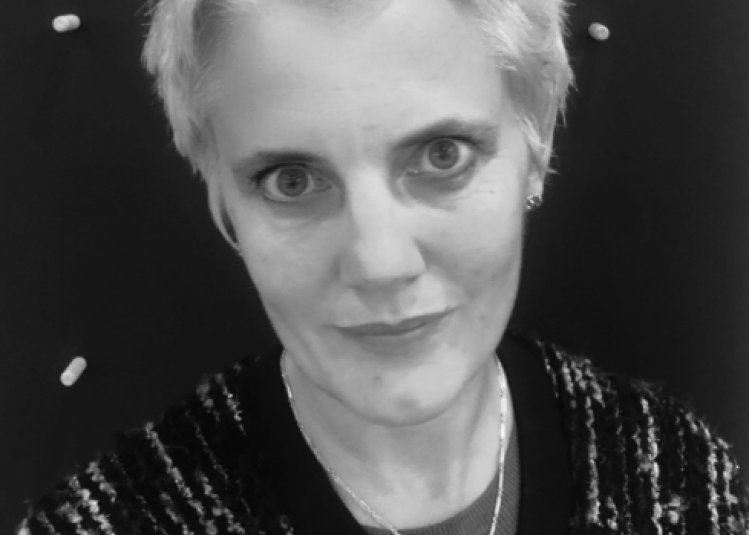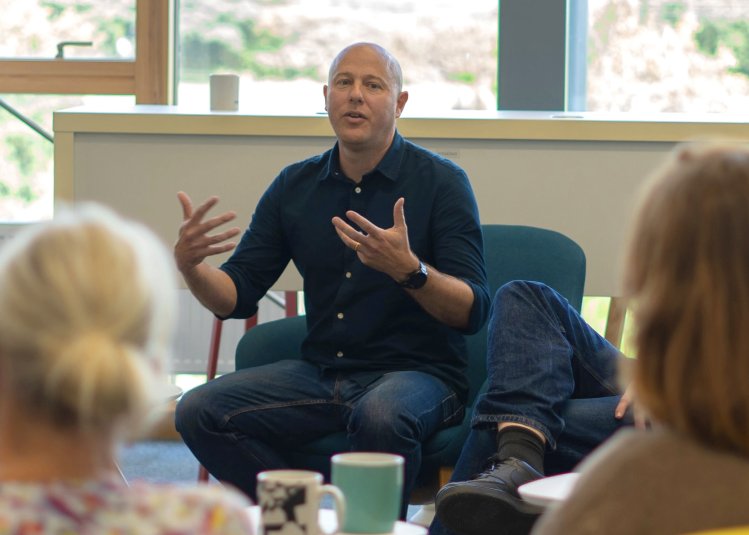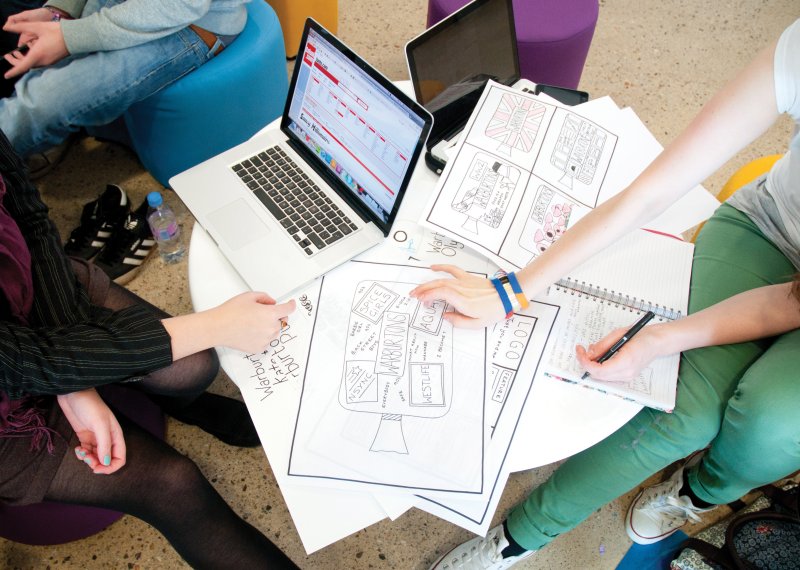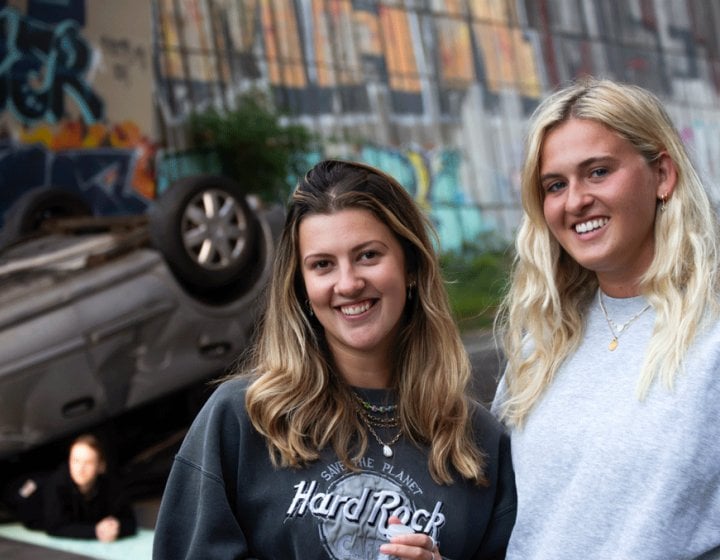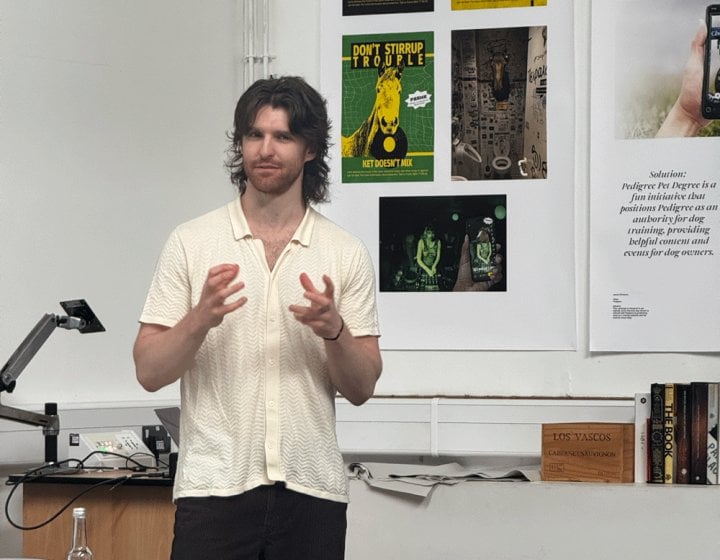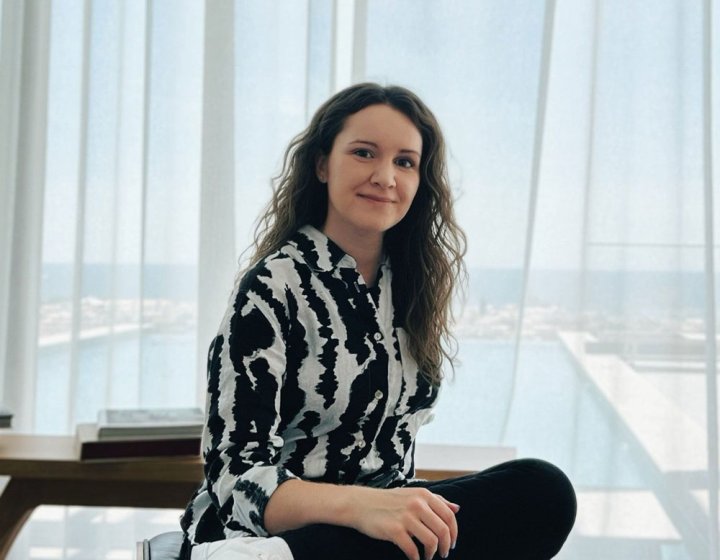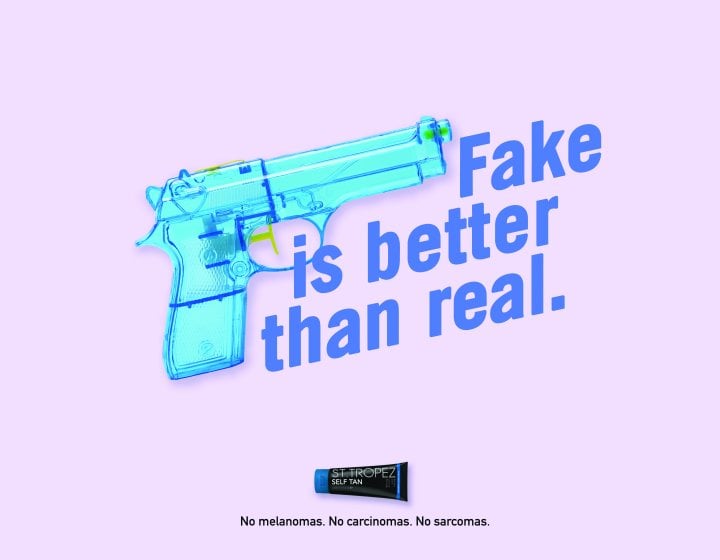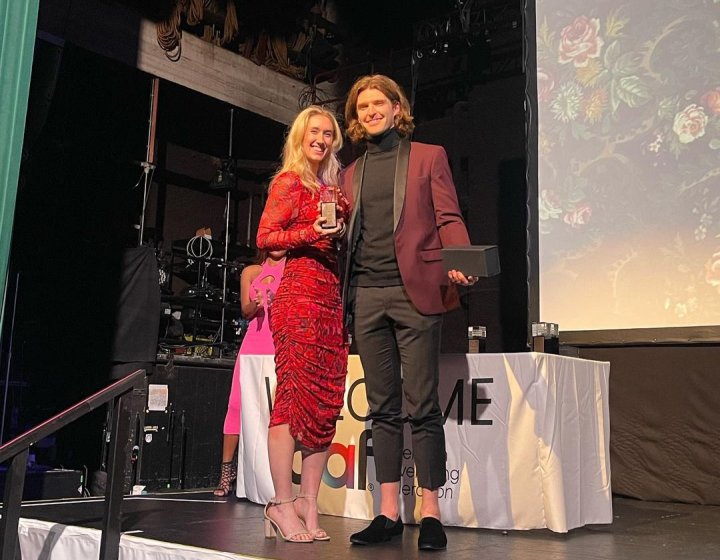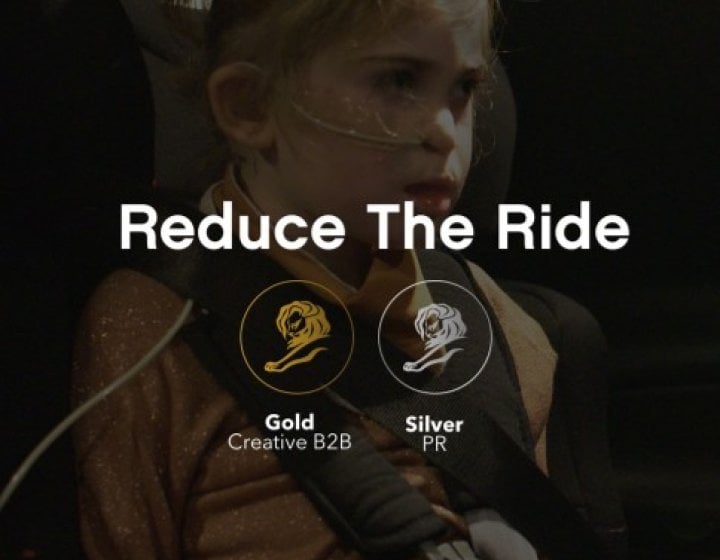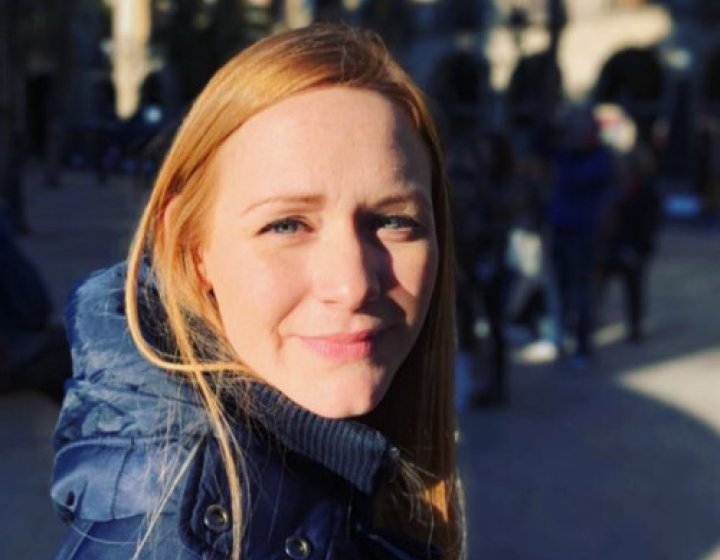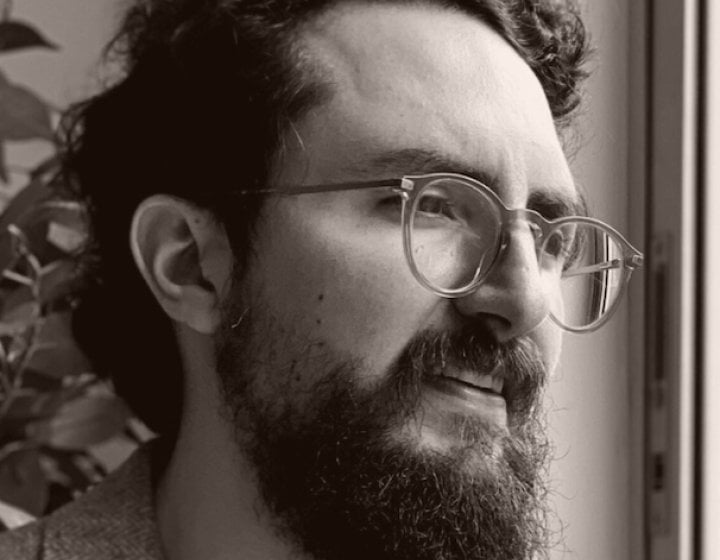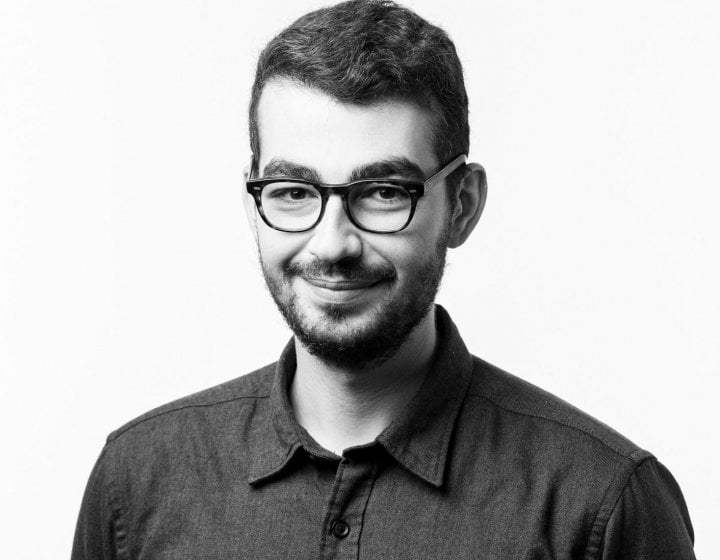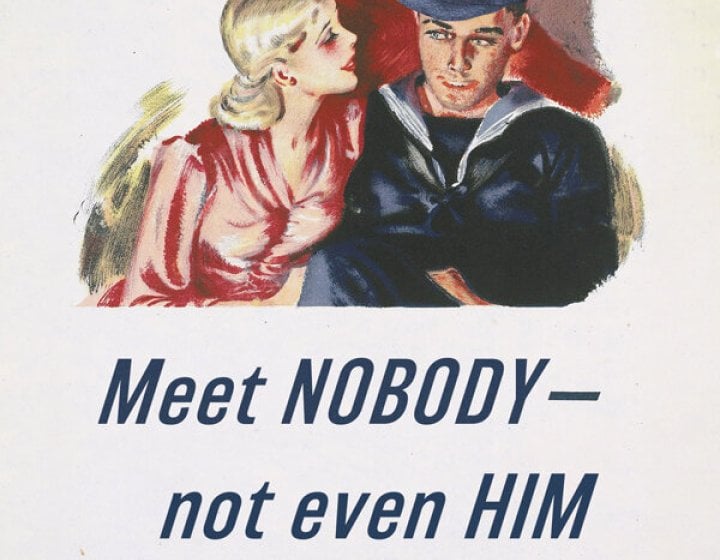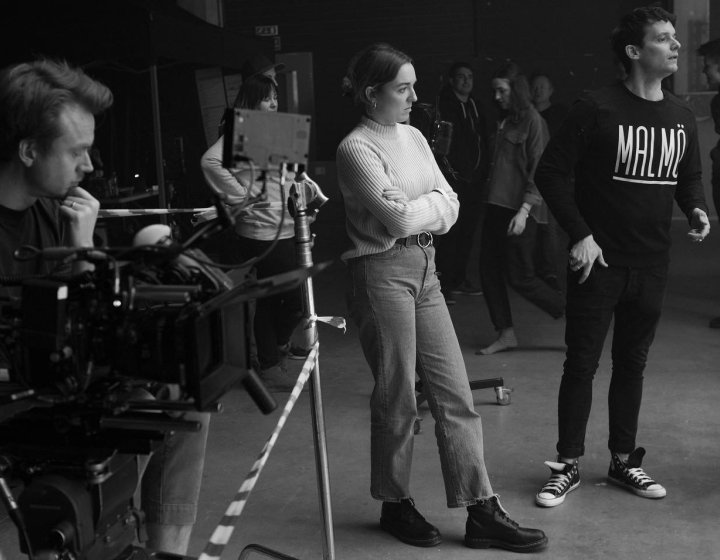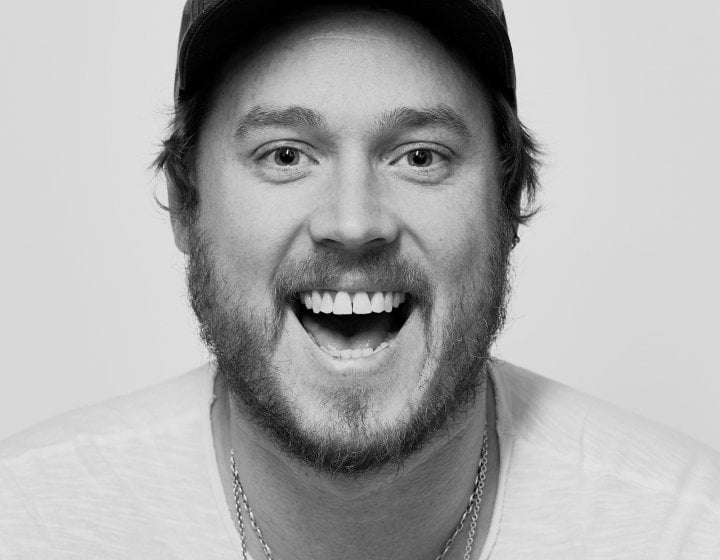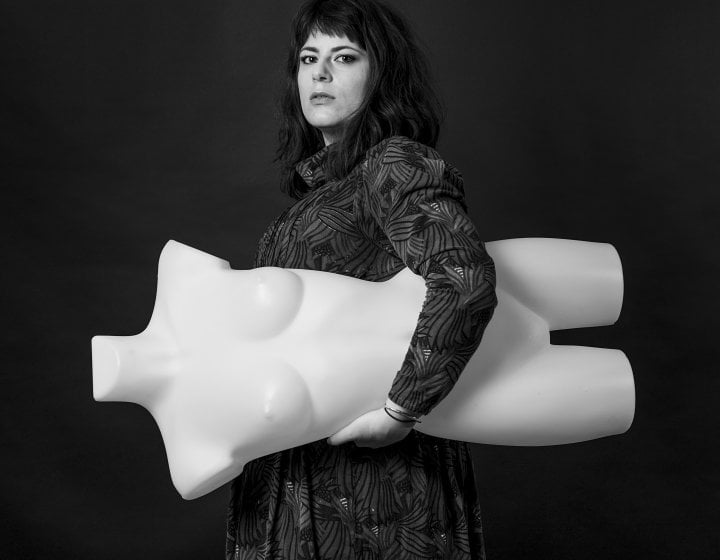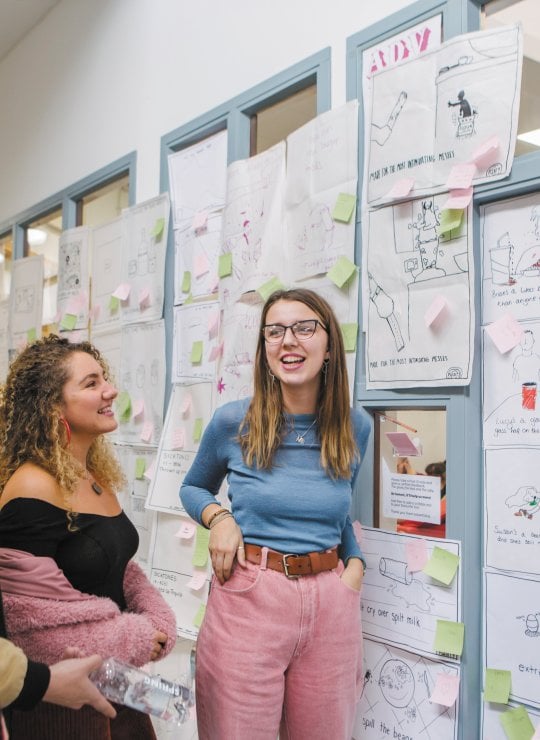
Creative Advertising MA
Master the contemporary craft of advertising.
Course overview
In the wake of artificial intelligence, automation and machine-made decisions, creativity and intuition have never been more important. On this innovative master's course, you’ll enter an intensive studio replicating a professional advertising agency, where you’ll develop a strategic and conscious practice ready for the rapidly changing advertising and media environment.
With a sharp focus on the impact of developments in AI and big tech, you’ll learn the tools and principles essential to any creative advertising role – from powerful copywriting and art direction to technical multimedia finesse. Working individually and collaboratively in teams, you’ll take on briefs provided by our industry partners as well as specially designed tasks enabling you to build your personal brand and professional skillset.
You’ll graduate with a unique and stand-out portfolio of creative campaigns, a deep strategic understanding of the industry and the ability to devise progressive, impactful ideas for a diverse range of communications objectives.
Why study this course at Falmouth?
- Get under the skin of the contemporary advertising industry, learning how to respond to the latest media technologies.
- Carve out a conscious professional practice and personal brand, supported by industry-seasoned tutors.
- Sharpen your creative ideas generation and research skills in a collaborative studio environment.
- Have the opportunity to exhibit your work, potentially at the D&AD New Blood Awards, where you could meet key industry figures.
Similar courses
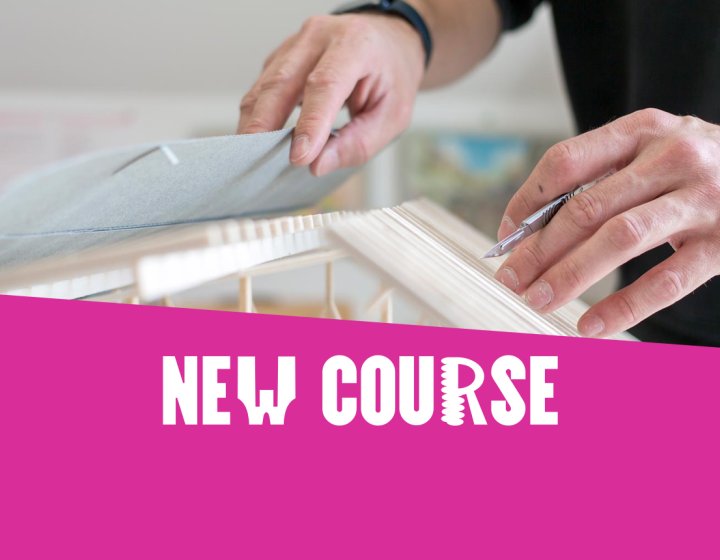
Spatial Design MA
Learn to design spaces that are responsible, ethical and responsive to real communities. ...
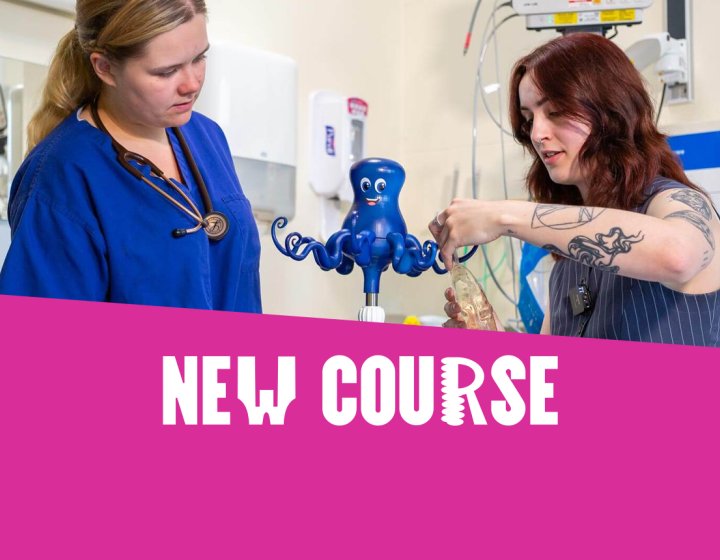
Design Innovation MSc
Challenge and shape the future of conscious, global design.
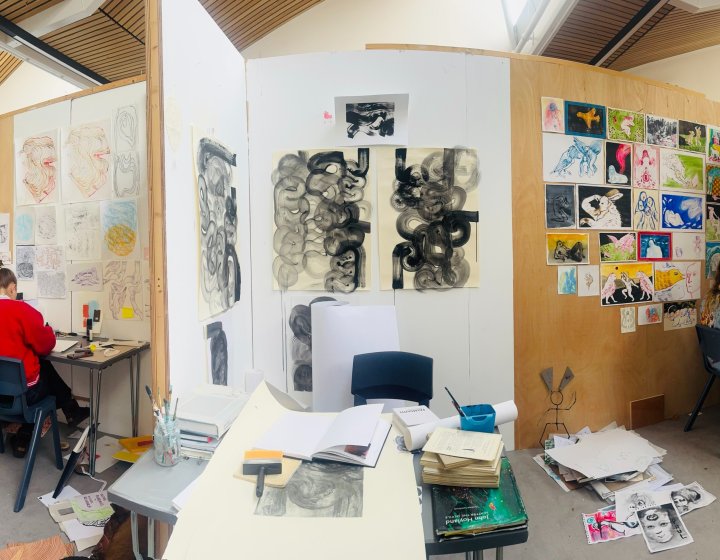
Fine Art MA
Refine your artistic practice through experimentation, innovation and applied research.

Sustainable Fashion MA (Online)
Become a conscious changemaker in the 21st century fashion industry. Position yourself as a catalyst...
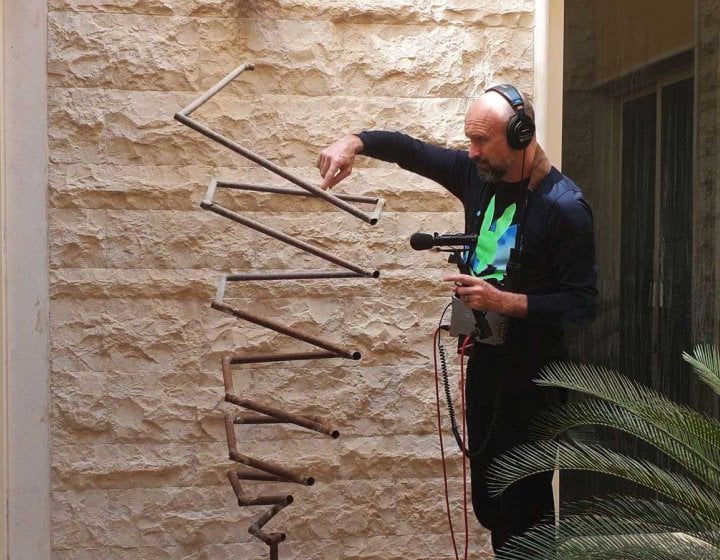
Fine Art MA (Online)
Tap into Falmouth’s renowned fine art expertise from your home and studio. You'll learn to build a...

User Experience Design MA (Online)
Learn how to apply key principles of user-centered design to create original work based on your own ...
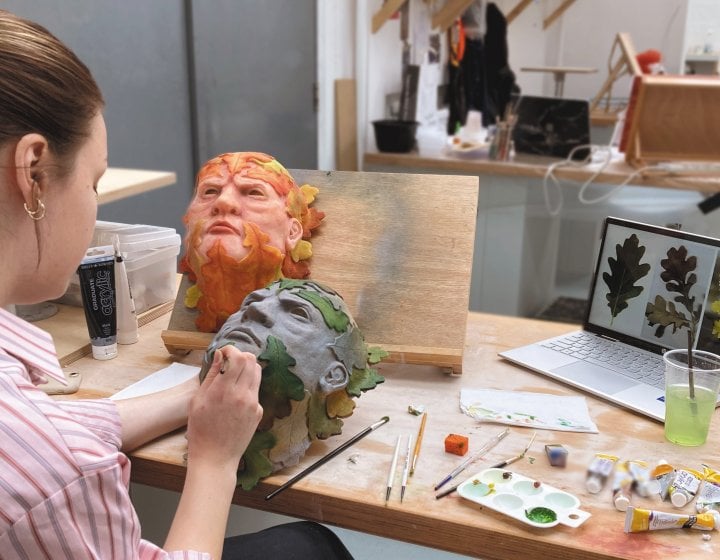
Prosthetic Effects MA
Launch your career in prosthetic effects with this unique course. Working hand-in-hand with world-cl...
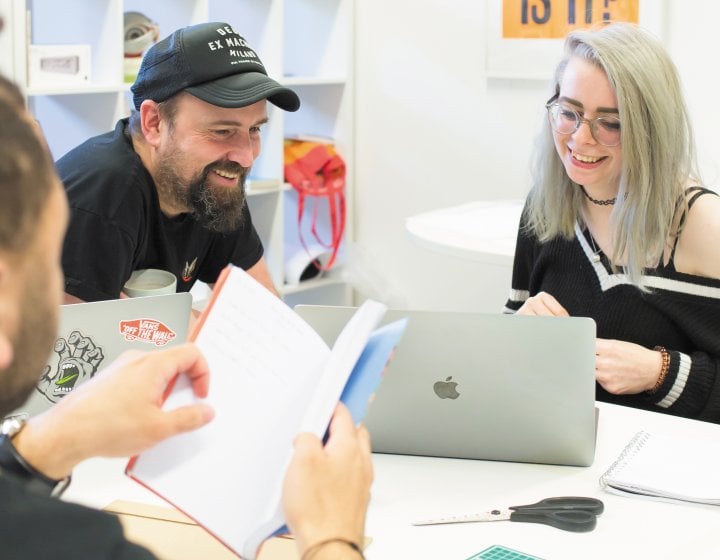
Communication Design MA
Design thinking is an essential tool for understanding the world around us, and at a time of unprece...
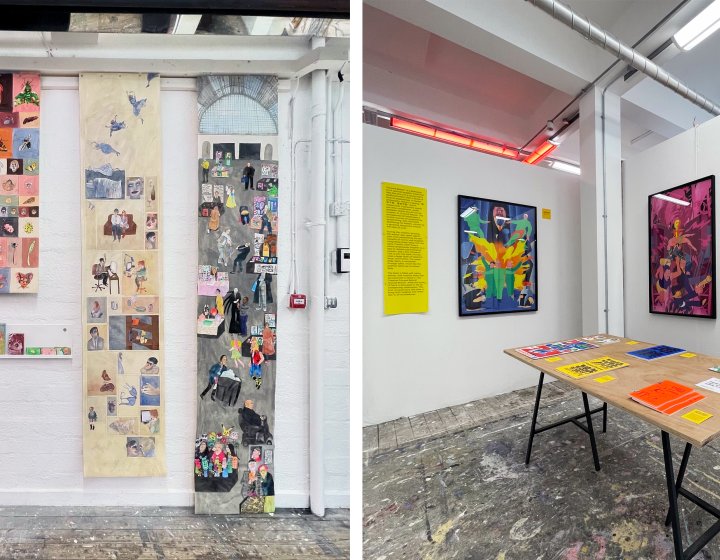
Illustration: Authorial Practice MA
Develop your unique visual language on this studio-based Illustration MA. You’ll learn to see your...




